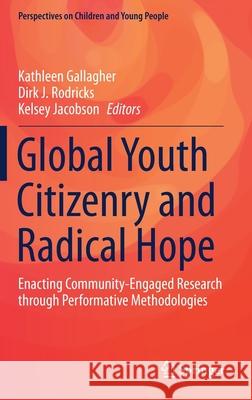Global Youth Citizenry and Radical Hope: Enacting Community-Engaged Research Through Performative Methodologies » książka
topmenu
Global Youth Citizenry and Radical Hope: Enacting Community-Engaged Research Through Performative Methodologies
ISBN-13: 9789811512810 / Angielski / Twarda / 2020 / 273 str.
Global Youth Citizenry and Radical Hope: Enacting Community-Engaged Research Through Performative Methodologies
ISBN-13: 9789811512810 / Angielski / Twarda / 2020 / 273 str.
cena 402,53
(netto: 383,36 VAT: 5%)
Najniższa cena z 30 dni: 385,52
(netto: 383,36 VAT: 5%)
Najniższa cena z 30 dni: 385,52
Termin realizacji zamówienia:
ok. 22 dni roboczych.
ok. 22 dni roboczych.
Darmowa dostawa!
Kategorie:
Kategorie BISAC:
Wydawca:
Springer
Seria wydawnicza:
Język:
Angielski
ISBN-13:
9789811512810
Rok wydania:
2020
Dostępne języki:
Numer serii:
000782288
Ilość stron:
273
Waga:
0.59 kg
Wymiary:
23.39 x 15.6 x 1.75
Oprawa:
Twarda
Dodatkowe informacje:
Wydanie ilustrowane











